
Responding to the COVID-19 ‘infodemic’: National countermeasures against information influence in Europe
This collection, edited by Sophie Vériter, Monica Kaminska, Dennis Broeders and Joachim Koops, includes six papers exploring and investigating European responses to COVID-related disinformation, specifically the responses of France, Sweden, Germany, the United Kingdom, Serbia, and Hungary.

The coronavirus pandemic has emphasised the crucial role that information flows play in safeguarding public order and the safety of individuals. With an increasingly volatile (social) media eco-system and an unprecedented climate of uncertainty, false reports and harmful campaigns have flourished, highlighting the disruptive intentions of some geopolitical actors on the global scene.
This research project investigates how European states have responded to information influence operations related to COVID-19, particularly investigating the role of foreign sources of influence. Our objective has been to better understand the new challenges – both in practice and research – that have arisen from national experiences. The questions that guided our research project have been: How has the context of a pandemic impacted the way European states counter information influence? Which policy trends have emerged and which results have they yielded? Which issues generated divergence and/or convergence across Europe?
This publication looks at European responses to COVID-related disinformation, specifically responses of France, Sweden, Germany, the United Kingdom, Serbia and Hungary, with contributions by Corneliu Bjola, Semir Dzebo, Martin Fertmann, Elsa Hedling, Jean-Baptiste Jeangène Vilmer, Péter Kállai, Matthias C. Kettemann and Tamás Peragovics.
You can download the publication here.
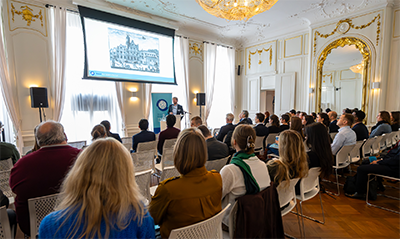


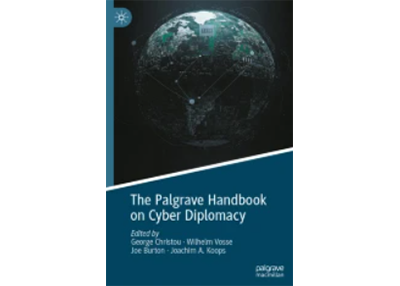


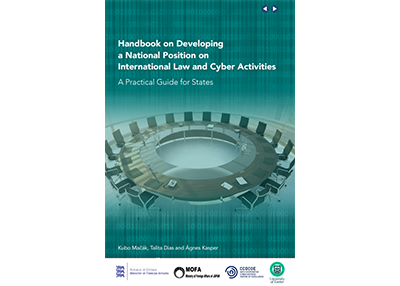


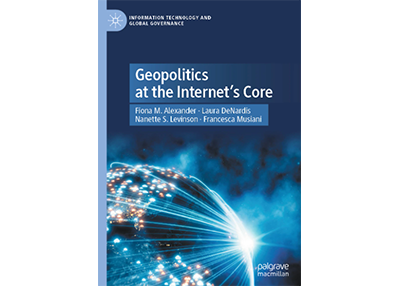

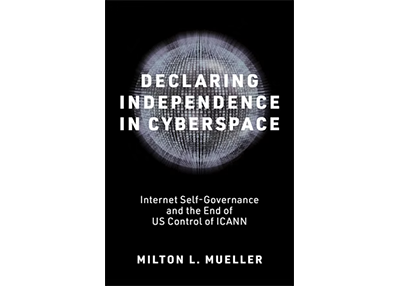





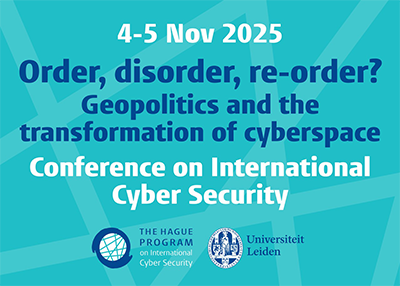
































_400x286.png)







































